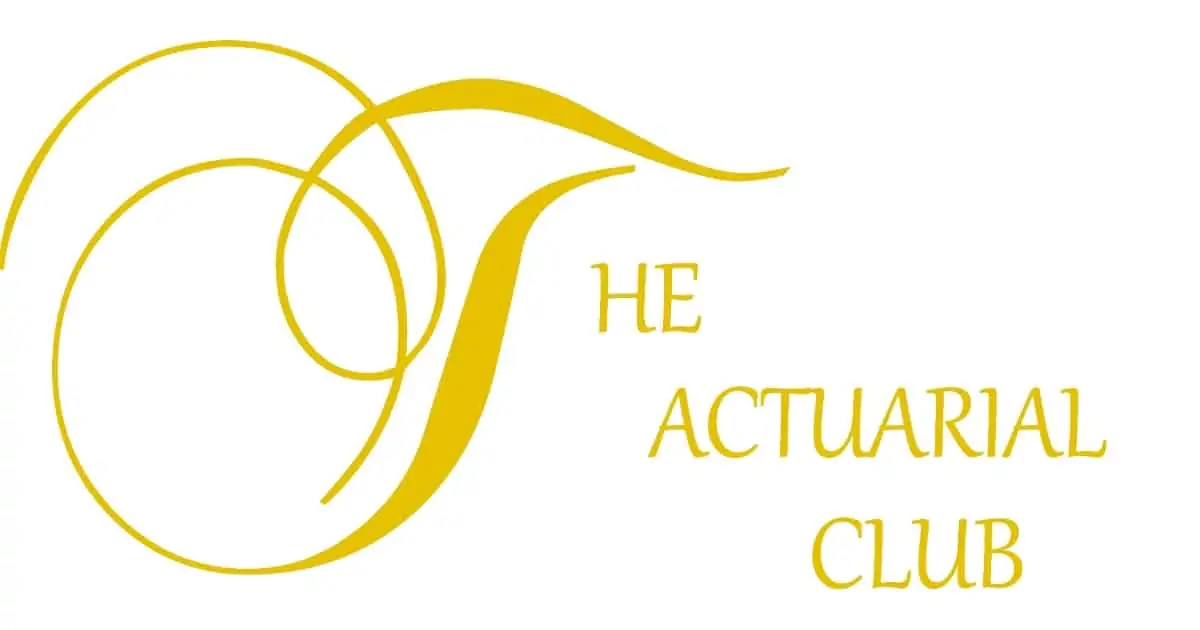The topic of today is about moral hazard [道德風險] which is a very important concept in insurance. Lets talk about an experience I had.
When you’re with your friends, have you ever tried playing gambling games [賭博遊戲] but without using actual money (for example, having an imaginary amount of dollars)? Texas Hold’em Poker [德州撲克] is the best example of this. Without using real money, what I usually find is that whenever I just get a slightly better-than-average hand, like one ace and one eight, I’d just go all in [曬冷] and take a chance. However, if I had to pay from my own pocket, I would probably have either folded with the same hand, or just put in a small amount of cash. I understand that not all of you would understand this, but think about times when you’ve gambled without using real money, versus using real money – your brain processes the whole situation very differently.
Why is this? Well this is sort of moral hazard at work. Moral hazard basically means that you change your behaviour simply because you don’t necessarily get penalised [懲罰] by doing so. When you go all in during a poker hand with fake money, you don’t lose any money, hence you feel comfortable doing so even with an average hand. In the insurance industry, this can translate to policyholders acting more dangerously simply because they have purchased insurance. For example, after you’ve purchased insurance against personal accidents [人身意外保險], you might live your life more wildly, maybe crossing roads during a red light – knowing that if anything happens, you’ve got insurance to protect you.
Actuaries working in insurance need to be aware of this effect. Whenever we change some product feature, or if there’s some sort of new regulatory change, always look out for moral hazard – you don’t want to be on the receiving end of this. After all, insurance companies are dealing with real money, unlike my poker game!

